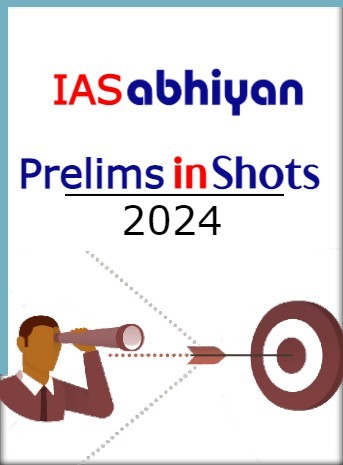Context:
- With the raids and arrests, activists are being penalised for their unwavering vigilance.
- It is a truth universally acknowledged that the modern democratic state, armed with technologies of surveillance and control, possesses the kind of power that has never ever been exercised by any other state in history.
- In a democracy, the individual transits from subject to citizen. Yet there is no one more vulnerable and more helpless than our rights-bearing citizen if the, otherwise, democratic state decides to terrorise, kill and drill fear and trepidation in the mind of the body politic. The other dominant institution of our times, the market, is completely amoral. It is supremely indifferent to human suffering. It has neither sympathy nor room for citizens exploited by the state, and by its own need for resources, labour, and profit.
A vital sphere
• The only sphere that stands between the individual and the omnipresent and omnipotent state is civil society.
• In this figurative space, individuals come together in webs of associational life.
• Associations have the capacity to challenge the brute power of the state through petitions, protests, dharnas and ultimately judicial activism.
• Given unresponsive political parties, citizens can access centres of power and privilege only through a vibrant civil society.
Important of Civil Society
• Civil society is, of course, a plural sphere, and all manners of associations find space for themselves here, from football clubs to reading groups to film fan societies.
• Each democratic association is important, but we cannot deny that civil liberty and human rights groups are an essential precondition for human well-being.
• Some Indian citizens were randomly and arbitrarily imprisoned during the Emergency (1975-77) and the fundamental rights of others were truncated.
• It is not surprising that in the aftermath of the Emergency, the civil liberties movement made a dramatic appearance on to the scene of Indian politics.
• The human rights movement took on an extremely significant task, that of protecting the fundamental right to life and liberty granted by the Indian Constitution.
Right to life and liberty
• Every political revolution in the world has begun with the rights to life and liberty.
• These two rights lie at the core of other rights that have been developed and codified as critical for human beings.
• The two rights stretch from the right not to be tortured or killed, to the right not to be arrested and imprisoned by the lackeys of the state without due cause.
• The right to life is a basic right, but our lives do not mean anything if we are incarcerated for no rhyme or reason.
• Civil liberty and/or human rights activists are lawyers, academics, journalists and public-minded citizens of India.
The turf wars
• Their role is crucial for democracy because today we are ruled by a government that openly defies ethics and morality,
• It casts itself in the mould of realism, and that is supremely indifferent to the plight of millions of its citizens.
• We are ruled by leaders who dismiss the need for civil society because of the cadres and the front organisations of its ideological backbone,
• the Rashtriya Swayamsevak Sangh, seek to dominate the space between the individual, the market and the state. The consequences are serious. Over 10 years ago, during UPA I, we were speaking of the right to food, to employment, to education, to information and to land.
• It is theorised that India was moving towards a social democratic state vide civil society activism.
• Today there are few organisations that articulate the right not to be lynched, or who struggle for the right to life and liberty.
• Human rights activists have courageously taken on the challenge posed by corporates, a ruthless state and its venal police, and the cadres of right-wing organisations that specialise in violence.
Source:TH

